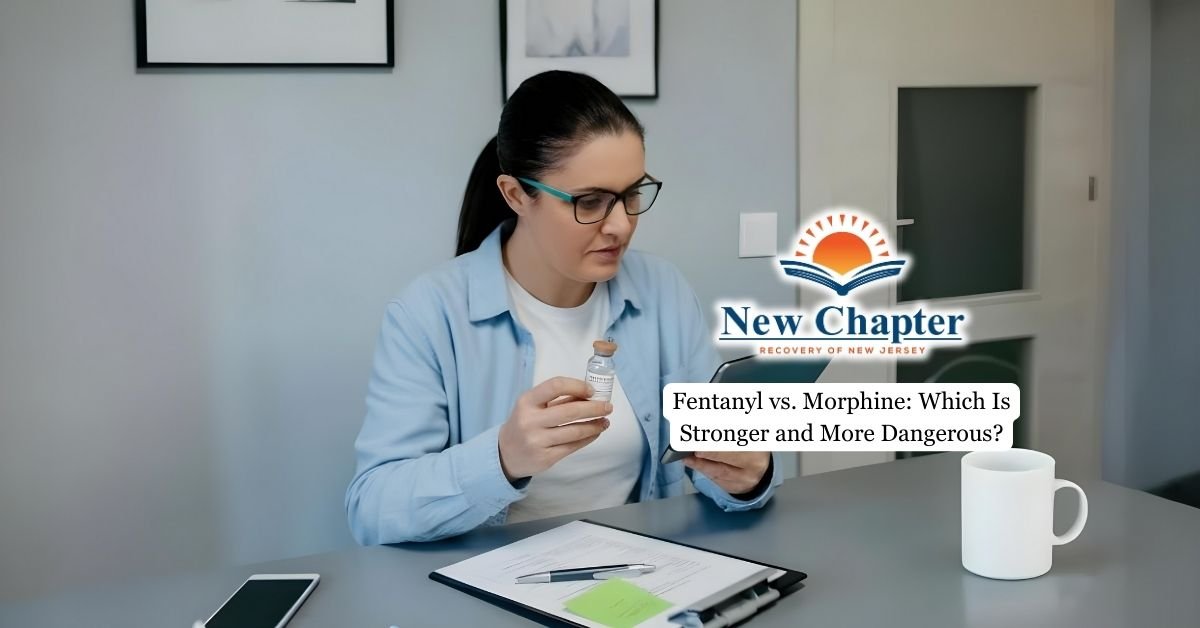Ritalin, also known as methylphenidate, is a prescription stimulant commonly used for the treatment of ADHD (attention deficit hyperactivity disorder) and narcolepsy. While effective when taken as prescribed, Ritalin abuse has become a growing concern, particularly among students and young adults looking to enhance focus or experience its stimulating effects.
Understanding the risks associated with Ritalin use is essential to prevent long-term harm and recognize when professional intervention is necessary.

Effects of Ritalin Abuse
The misuse of Ritalin, a common side effect of drug abuse, can cause a range of adverse effects, affecting both physical and mental health. As a central nervous system stimulant, it increases heart rate, blood pressure, and alertness. When misused, however, these effects become dangerous, putting individuals at risk of serious health consequences.
Short-term side effects of Ritalin abuse include insomnia, nausea, headaches, excessive sweating, and gastrointestinal distress. High doses may result in agitation, paranoia, hallucinations, or seizures. Ritalin abuse can also suppress appetite, leading to weight loss and malnutrition over time.
Chronic misuse puts individuals at risk of developing substance use disorder, making it increasingly difficult to stop taking Ritalin without experiencing withdrawal symptoms.
Seeking help through addiction treatment programs is essential for individuals struggling with Ritalin addiction.
Ritalin Overdose and Its Risks
A Ritalin overdose occurs when an individual takes a dangerously high dose of methylphenidate, overwhelming the central nervous system. Signs of Ritalin overdose include rapid heart rate, chest pain, severe anxiety, confusion, vomiting, and tremors.
Ritalin can be fatal, especially when combined with other substances such as alcohol, opioids, or other stimulants. The mixture of these drugs can significantly increase the likelihood of heart failure, respiratory distress, or neurological complications.
Some individuals who overdose on Ritalin may require hospitalization, where medical professionals monitor vital signs, provide intravenous fluids, and administer medications to stabilize heart rate and blood pressure.
The Drug Enforcement Administration (DEA) classifies Ritalin as a Schedule II prescription drug, highlighting its high potential for abuse and risk of addiction.
Psychological and Behavioral Effects of Ritalin Abuse
Abusing Ritalin can significantly impact mental health, exacerbating pre-existing conditions or leading to new psychological disorders. Chronic misuse is linked to heightened anxiety, paranoia, mood swings, and even stimulant-induced psychosis.
Those without attention deficit hyperactivity disorder who misuse Ritalin are more likely to experience severe psychiatric side effects of methylphenidate, as their brains are not accustomed to its effects.
Behavioral changes associated with Ritalin addiction include impulsivity, social withdrawal, and an increasing preoccupation with obtaining and using the drug.
Individuals who abuse Ritalin may engage in risky behaviors, such as taking dangerously high doses or combining it with other drugs of abuse to enhance its effects. Over time, this compulsive use can interfere with daily responsibilities, work, and relationships, signaling the need for professional intervention.
Signs of Ritalin Withdrawal
When an individual stops taking Ritalin after prolonged misuse, they may experience Ritalin withdrawal symptoms, indicating dependence on the drug. Symptoms of withdrawal include fatigue, depression, difficulty concentrating, increased appetite, and vivid dreams. Some individuals may also experience psychostimulant-induced behavioral effects, such as agitation or severe mood swings.
Although Ritalin withdrawal is not usually life-threatening, it can be extremely distressing and increase the risk of relapse.
Professional treatment programs can provide medical supervision to help manage withdrawal symptoms and reduce the likelihood of returning to drug use

Long-Term Health Consequences of Ritalin Addiction
Prolonged Ritalin abuse can result in significant long-term health effects. Cardiovascular complications, such as persistent hypertension and an increased risk of heart attack or stroke, are common among individuals who misuse stimulants over extended periods. Chronic use also disrupts the brain’s dopamine system, leading to tolerance, dependence, and addiction.
Mental health consequences include increased anxiety, depression, and cognitive impairments associated with prolonged stimulant use disorder. Intranasal abuse of methylphenidate—snorting the drug for a faster effect—can cause severe damage to the nasal passages and increase the likelihood of overdose.
Individuals who abuse Ritalin for extended periods often struggle with persistent sleep disturbances, malnutrition, and social isolation.
Treatment for Ritalin Addiction
Substance abuse specialists can provide comprehensive care, including medical detox, behavioral therapy, and relapse prevention strategies. Many treatment options involve cognitive-behavioral therapy (CBT) to address compulsive drug use, underlying mental health conditions, and psychiatric effects that may arise from addiction.
Outpatient and inpatient programs at specialized treatment centers help individuals overcome Ritalin addiction while addressing co-occurring disorders, such as attention deficit disorder or anxiety disorders.
Programs tailored to the needs of individuals struggling with stimulant addiction offer long-term strategies for maintaining sobriety, improving overall well-being, and managing psychiatric effects associated with substance abuse.
Final Thoughts from New Chapter Recovery
For those struggling with Ritalin dependency, early intervention and evidence-based treatment are essential steps toward recovery.
At New Chapter Recovery our expertise in treating stimulant use disorder ensures individuals receive the medical and psychological care necessary for lasting sobriety. Our comprehensive treatment programs address both the physical and emotional aspects of addiction, helping individuals regain control and improve their well-being.






